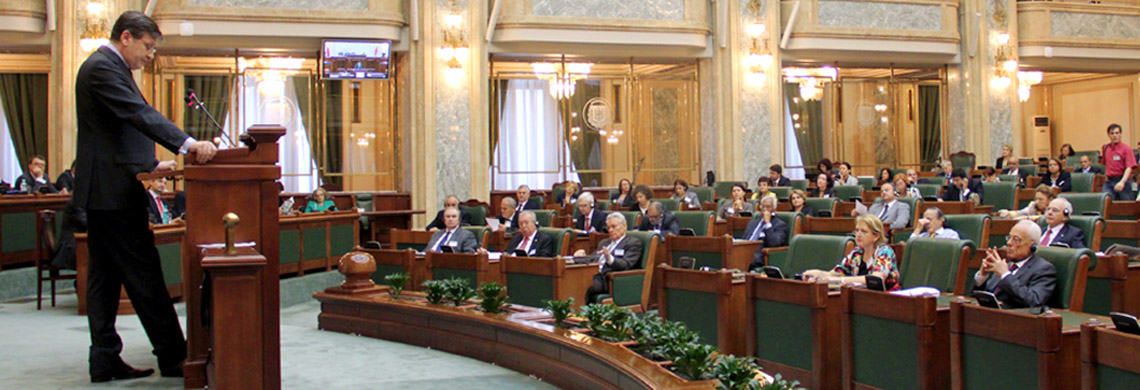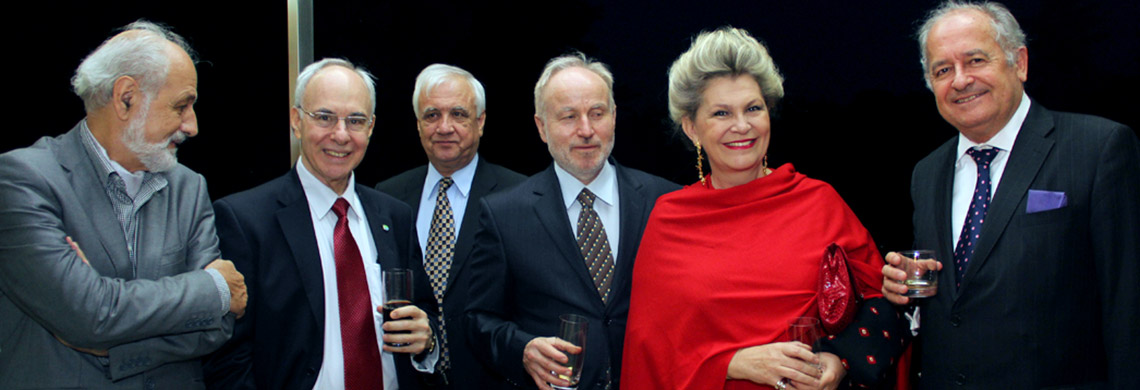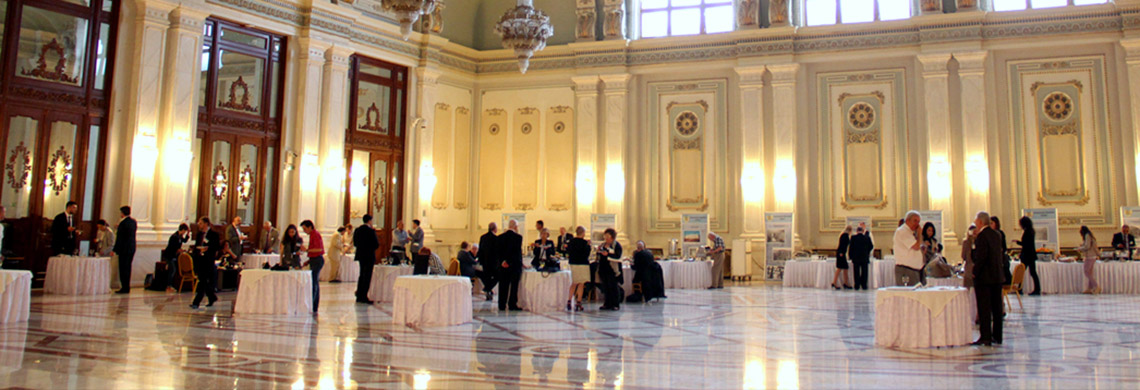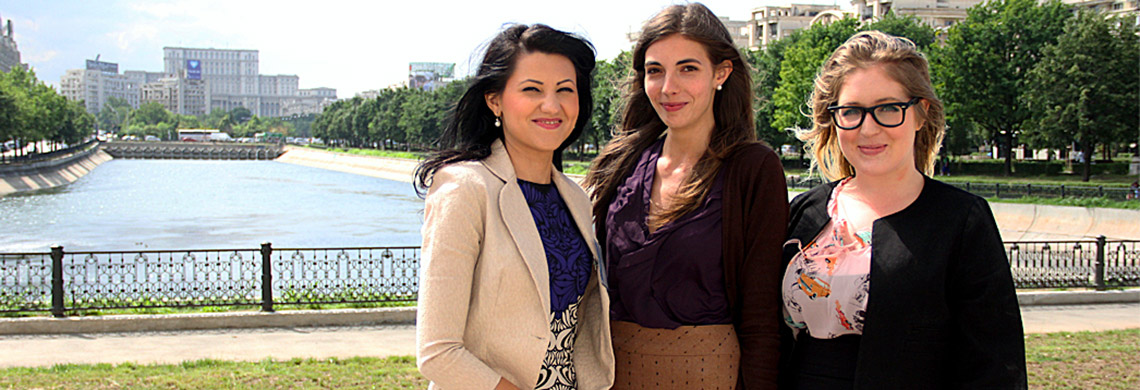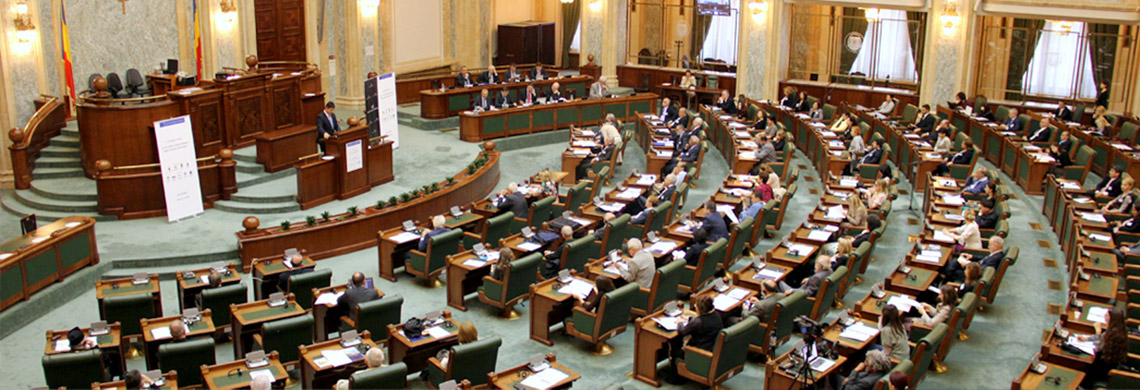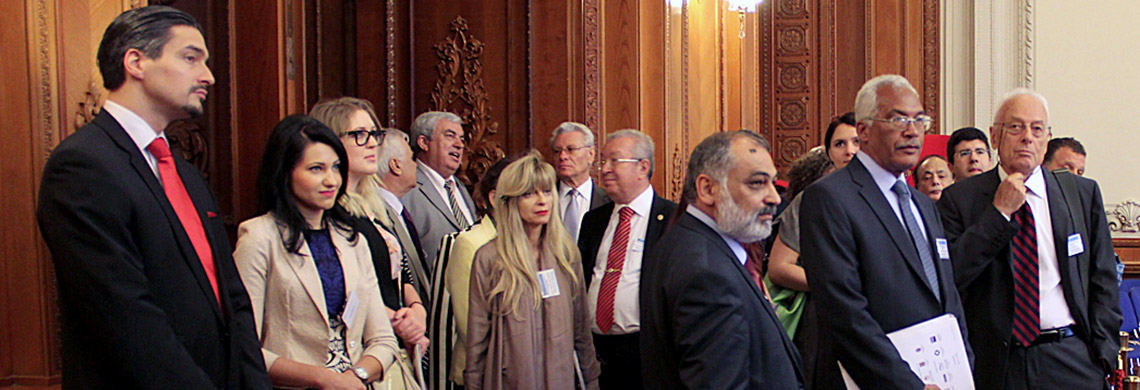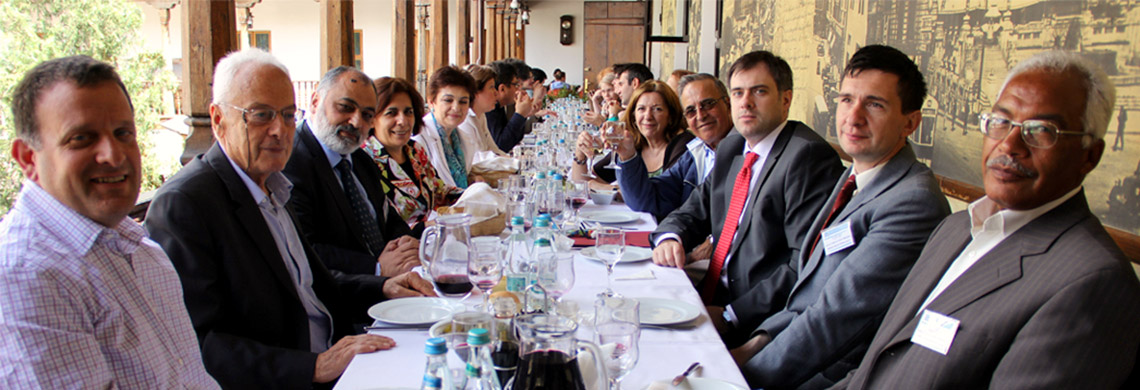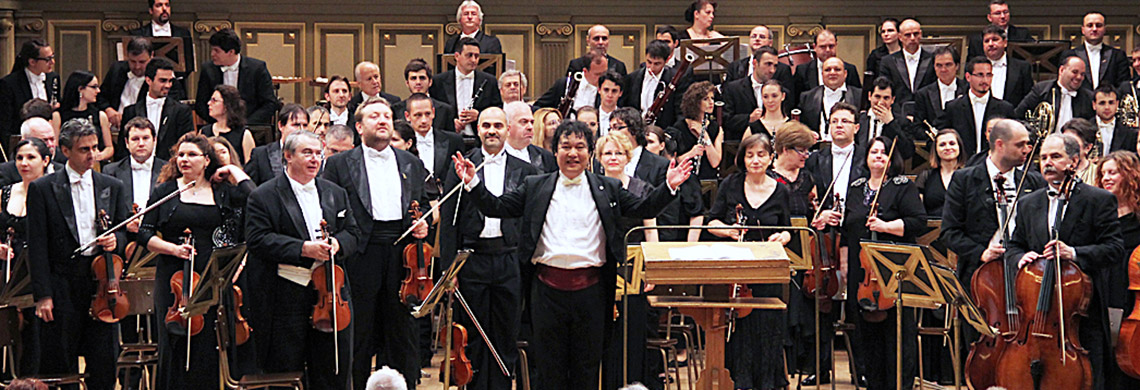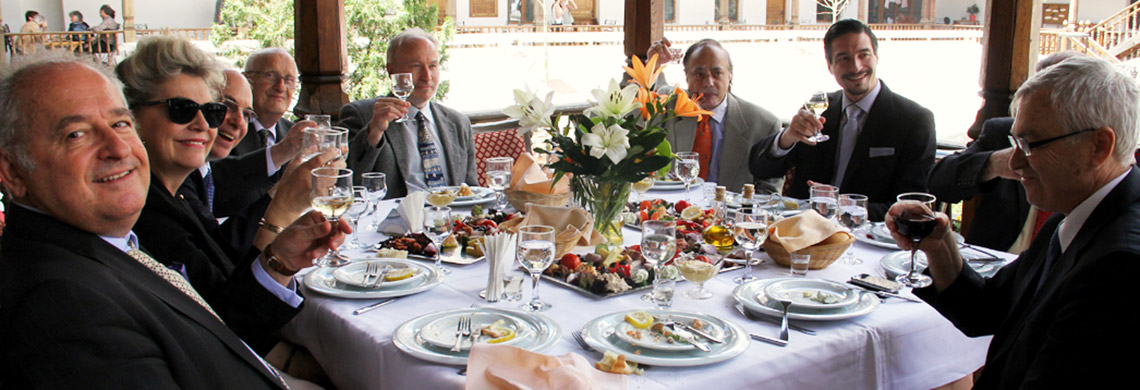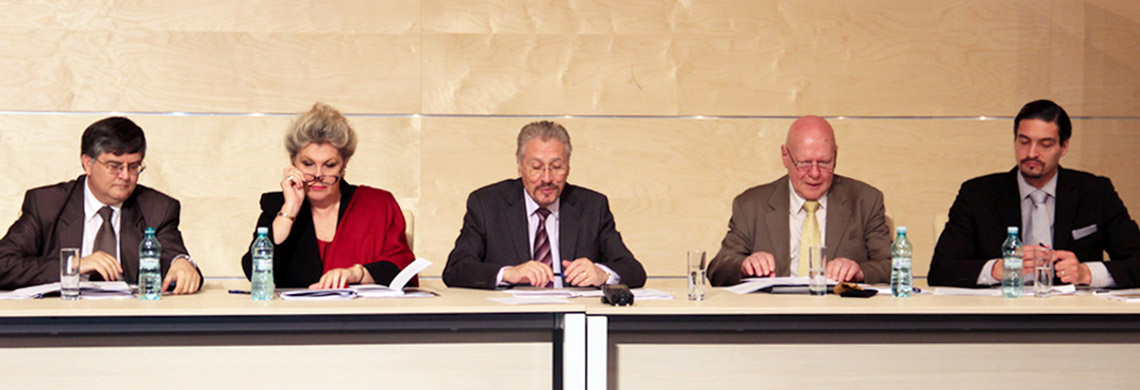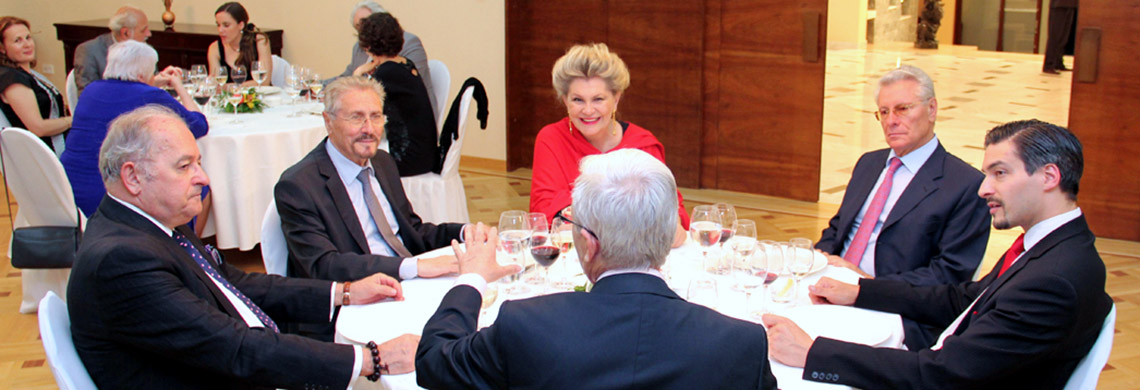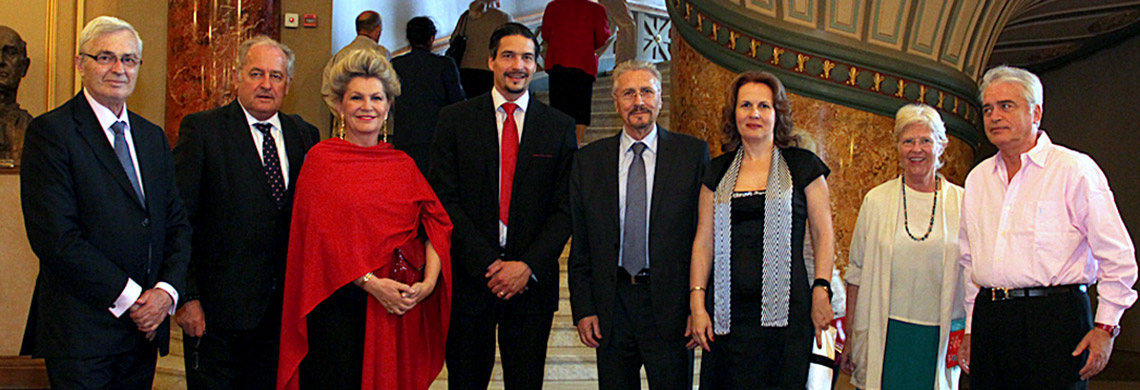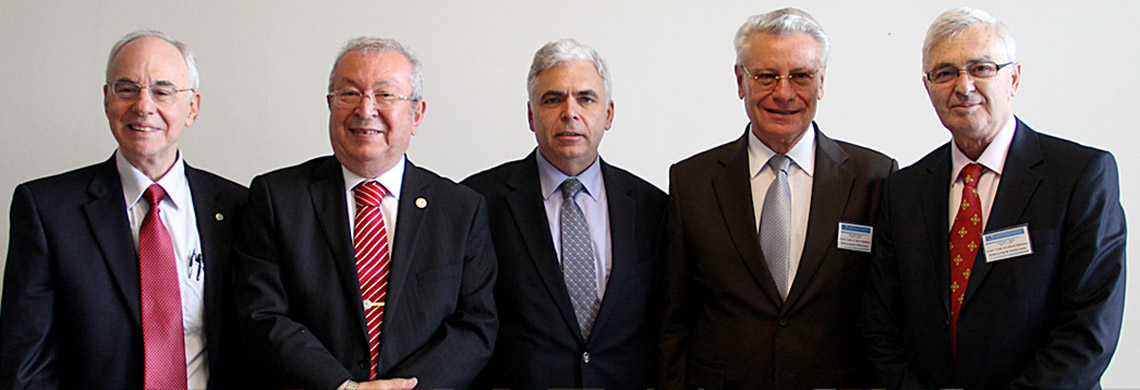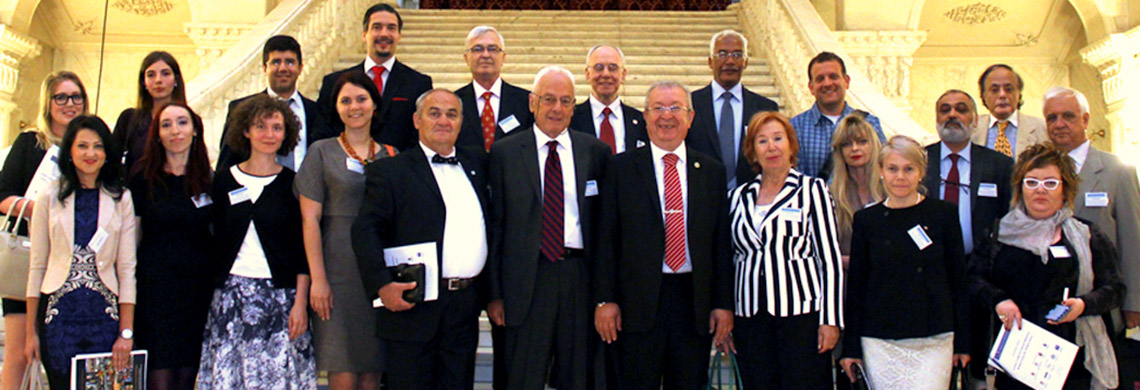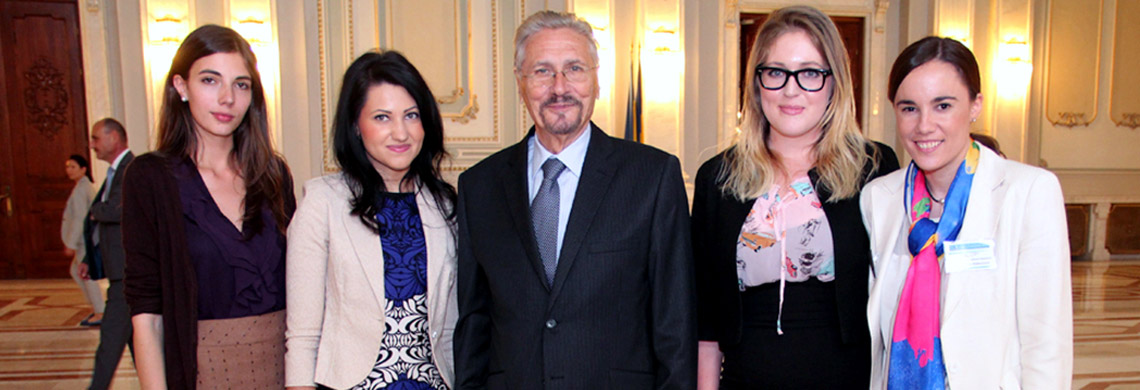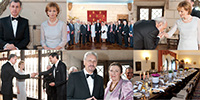Symposium on Cultural Diplomacy in the Levant
"Levant, Cradle of Cultural Diplomacy: Rediscovering the Mediterranean"

Event Introduction
The Levant is the crossroads of Western Asia, the Eastern Mediterranean and Northeast Africa; As such, its countries occupy a region of geographic and cultural significance. Individual countries in the Levant are interdependent and interconnected to the extent that they share both overlapping cultures and natural resources.However, the area is still prone to conflicts, which threaten the immense potential of the region as a whole. These disputes traditionally arise out of a plethora of cultural, political, religious, and economic differences across the region. The successful and long-term growth of each country depends on the stability of the region as a whole, for which de-escalation of disputes and reliable cooperation between states is paramount.
This requires a creative approach which recognizes the history behind current conflicts and seeks to provide contemporary solutions. Given the region's diversity of cultural identity and historical cultural significance, Cultural Diplomacy should be taken into account as a force to effect change.
Conference Locations
Based in Bucharest, the conference will be hosted at a number of important political, historic, and cultural locations across the city.Symposium Participants »
Participation in the conference is open to governmental & diplomatic officials, academics, artists, journalists, civil society practitioners, private sector representatives, young professionals and students as well as other interested individuals from across the world.If you would like to reserve a position and participate in the symposia, please click on the "Apply Now" link below and fill out the online application form:
Conference Speakers »
The speakers during the Conference will include dignitaries and current and former heads of state and ministers, as well celebrated artists and leading figures and experts from international politics, the diplomatic community and civil society from across the world. These speakers will include high number of individuals from the ICD Advisory Board; to learn more about the ICD Advisory Board please click hereSymposia Gala events for 2013 will begin with the below:
 Gala Dinner offered by H.E. Victor Ponta (Prime Minister of Romania) (Bucharest; May 24th, 2013))
Gala Dinner offered by H.E. Victor Ponta (Prime Minister of Romania) (Bucharest; May 24th, 2013)) |
 Gala Dinner at Elisabeta Palace offered by HRH Crown Princess Margareta of Romania (Bucharest; May 25th, 2013)
Gala Dinner at Elisabeta Palace offered by HRH Crown Princess Margareta of Romania (Bucharest; May 25th, 2013) |
Speakers for the Conference include:
 The Hon. Crin Antonescu The Hon. Crin Antonescu President of the Romanian Senate (more) |
 The Hon. Titus Corlăţean The Hon. Titus Corlăţean Minister of Foreign Affairs of Romania (more) |
 Amb. Katalin Bogyay Amb. Katalin Bogyay Ambassador and Permanent Delegate of Hungary to UNESCO; President of UNESCO's General Conference (2011 - 2013) (more) |
 Prof. Dr. Mircea Dumitru Prof. Dr. Mircea Dumitru Rector of the University of Bucharest (more) |
 The Hon. Petru Lucinschi The Hon. Petru Lucinschi Former President of Moldova (more) |
 The Hon. Zhelyu Zhelev The Hon. Zhelyu Zhelev Former President of Bulgaria (more) |
Participant Papers »
The Institute for Cultural Diplomacy encourages academic research and analysis of issues related to the goals of the Symposium, and would therefore like to welcome participants to submit a paper they would like to be considered for delivery at the Symposium. Following the Symposium, select papers will be chosen to be included in the proposal document that will be issued and sent to all governments and leaders of the international community following the Symposia.Certificate of Attendance
All Symposium participants will be awarded an official Certificate of Attendance upon completion of the program, which will provide details of the speakers who took part in the event, and list the topics which were discussed. Each certificate will be signed by members of the ICD Advisory Board.Conference Agenda »
The conference will examine the interface between East and West in the Levant and Cultural Diplomacy's historical and contemporary role in facilitating peaceful relations in the region. Past and current conflicts across the region will be addressed, with an emphasis on how Cultural Diplomacy can improve contemporary cultural understanding of the region and how it might be a tool now and in the future to improve stability in the Levant.The following issues will be explored and discussed:
- Global importance of the Levant: Historical and Current Geographic and Cultural Significance
- Levant, Cradle of the Cultural Diplomacy
- The Present Significance of the Levant
- The Euro-Mediterranean Dimension of Europe
- Individual countries in the Levant: relations between states
- Integration of the Levant into the Global arena
- Cooperation in the Field of Higher Education & Research in the Levant
- Food Culture in the Levant: Slow Food vs Fast Food

